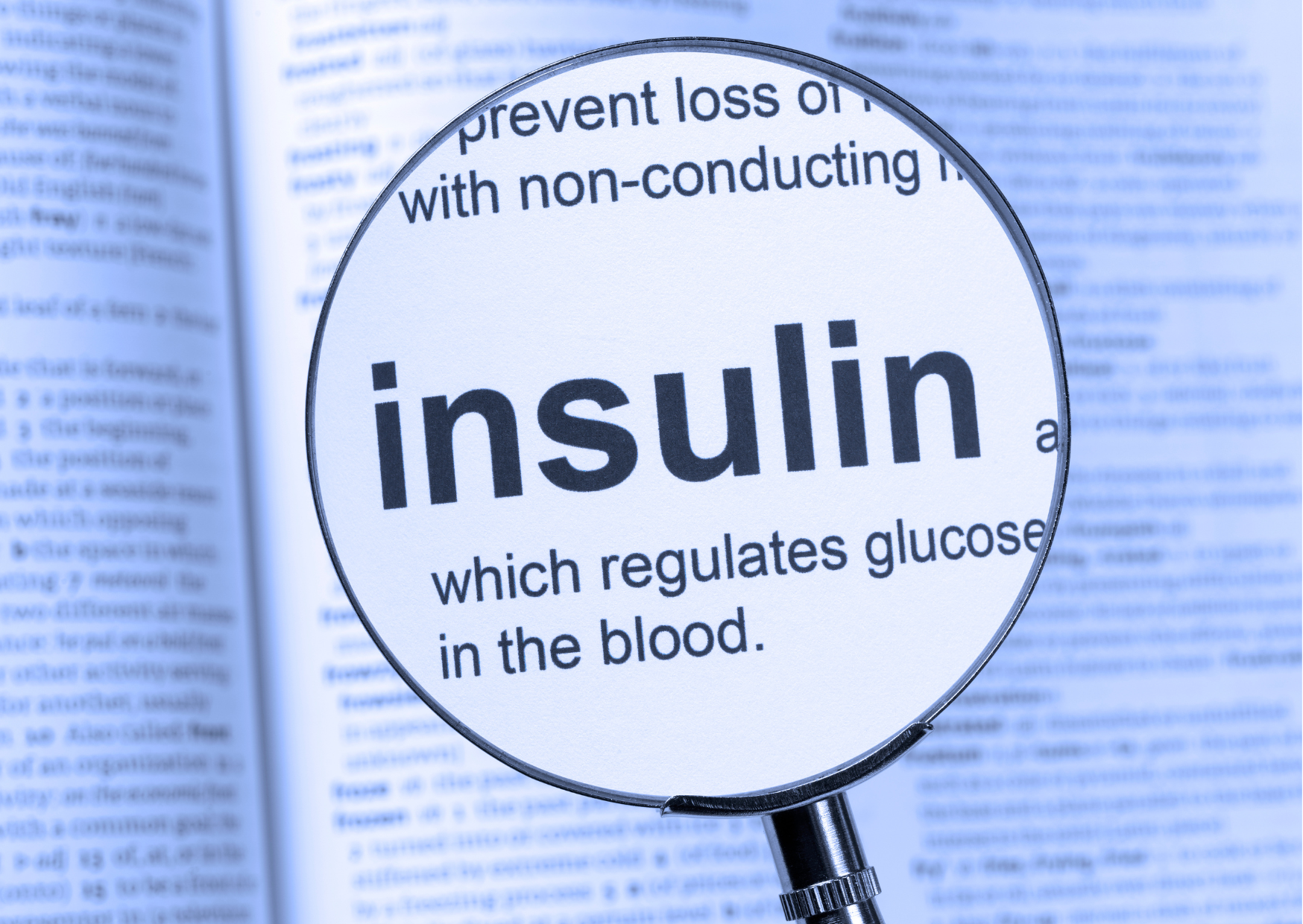Insulin Resistance

The Importance of Insulin on your Body Weight and General Well-being
Insulin, a hormone secreted by the pancreas, regulates our body’s blood sugar or glucose levels. In doing so, it has a tremendous impact on health.
- When we eat, carbohydrates are broken down into glucose, a simple sugar, which enters the bloodstream.
- The pancreas detects this increase in glucose and, in response, releases insulin into the blood, signalling muscle, fat and liver cells to collect the glucose in the bloodstream for the body to use as energy or storage.
- To visualise the role of insulin, imagine a lock and key, where insulin is the key that opens the doors of the cells and allows glucose to enter.
- Sometimes, however, cells can become less sensitive to insulin. This is known as insulin resistance. In insulin resistance, the insulin, or “key”, cannot effectively “open” the cells to let glucose in, causing excess glucose in the bloodstream.often with insulin resistance, the pancreas produces more insulin to try to reduce glucose levels. This results in increased insulin and blood glucose levels, leading to a biological state that can be associated with high blood pressure, increased risk of diabetes, increased hunger and weight gain.
- For example, in the case of weight gain, high insulin and blood glucose levels can signal the body to convert excess glucose into fat for long-term storage.
- This can lead to a build-up of intra-abdominal or visceral fat, which can accumulate near vital organs, significantly increasing the risk of serious health problems.
- Visceral fat is different from subcutaneous fat, which lies beneath the skin, and helps to insulate the body while providing cushioning to protect muscles and bones from injury.
- So what causes insulin resistance in the first place? Research claims that one of the main causes is eating patterns high in refined carbohydrates or those low in fibre and nutrients. Other causes include lifestyle, health and genetic factors such as inactivity, family history of diabetes, polycystic ovarian syndrome (PCOS) and age (especially after 45).
- It is important to know why insulin resistance occurs, as it is widespread, affecting between 15% and 47% of adults worldwide, and is considered a precursor to the development of type 2 diabetes.
- The good news is that insulin resistance can be reduced or even reversed with simple lifestyle changes, such as regular movement, reducing stress, improving sleep quality and eliminating refined carbohydrates and added sugar.
